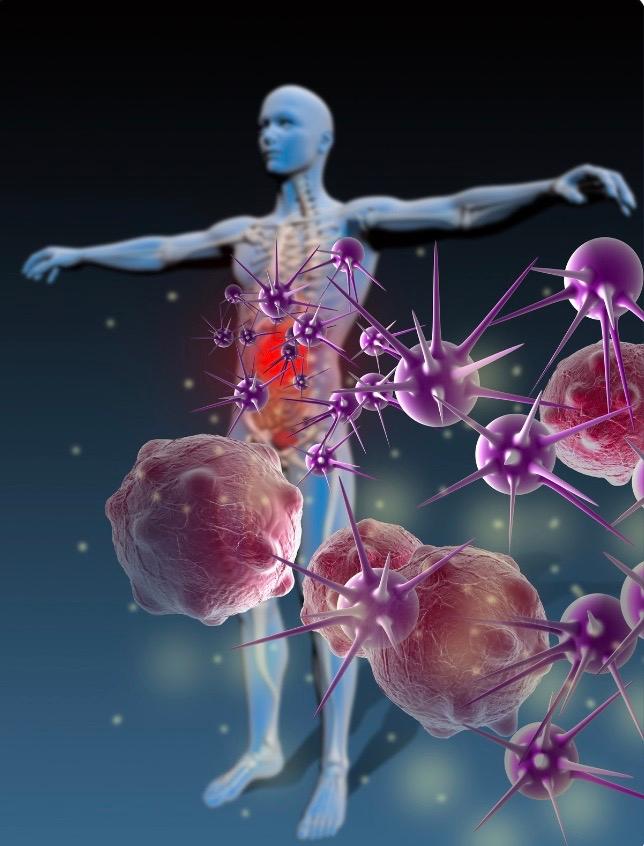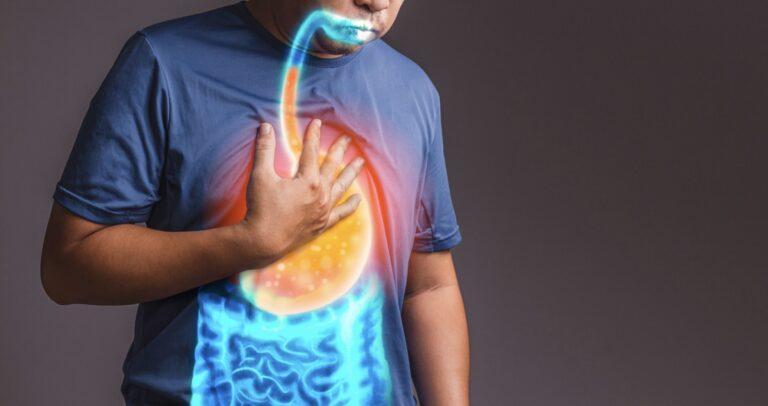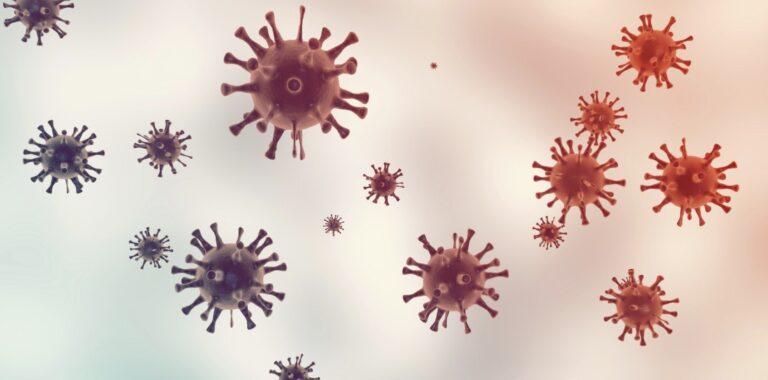There are many different ways to classify diseases. One common method of classification is by aetiology or the cause of the disease. For example, infectious diseases are caused by pathogens like bacteria and viruses, while chronic diseases are typically the result of lifestyle choices or genetic predisposition. Other classifications include communicable and non-communicable diseases, as well as acute and chronic diseases. Another common method of classification is by pathology or the way in which the disease affects the body. For example, diseases that damage the heart or lungs are typically classified as cardiovascular diseases, while those that damage the nervous system are classified as neurodegenerative diseases.
Regardless of how they are classified, all diseases can have a significant impact on a person’s health and well-being. As such, it is important to be aware of the different types of diseases and how they can affect us. While there are many different types of diseases, these four categories encompass the vast majority of known illnesses: infectious, genetic, metabolic, and external. Read on to learn more.
Infectious diseases
Infectious diseases are caused by microorganisms, such as viruses, bacteria, fungi, or protozoa, that invade the body, attack the immune system and multiply. These pathogens may enter the body through breaks in the skin or the nose or mouth into the respiratory tract. Once inside, if it manages to avoid the body’s immune response it can cause an infection.
Infectious diseases can be spread from person to person through direct contact, such as touching or kissing, bodily fluids, or indirectly through food poisoning by consuming contaminated food containing bacteria such as E. Coli. In some cases, they can also be spread through the air, such as when someone with tuberculosis coughs or sneezes.
Treatment for infectious diseases depends on the type of infection. Some infections, such as the common cold or chickenpox, are mild and go away on their own. Others, such as HIV/AIDS, malaria, or meningitis are more severe and can be life-threatening. Bacterial infections such as the sexually transmitted disease syphilis can be treated with antibiotics, viral infections such as hepatitis B and herpes require antiviral medication while others require more specific treatment. Fungal infections require antifungal medications to treat fungal diseases such as athlete’s foot and ringworm. In some cases, no treatment is available.
Prevention is often the best defence against infectious diseases. Vaccines can help to protect against infections such as the influenza virus, coronavirus, and good hygiene practices can also help to reduce the spread of disease.
Genetic Diseases
There are three main types of genetic disorders: single-gene, chromosome, and multifactorial. Single-gene disorders are caused by a mutation in a single gene. An example of a single-gene disorder is Cystic Fibrosis, which is caused by a mutation in the CFTR gene. Chromosome disorders occur when there is a change in the number or structure of chromosomes. An example of a chromosome disorder is Down syndrome, which is caused by the presence of an extra copy of chromosome 21. Multifactorial disorders are caused by a combination of genetic and environmental factors. An example of a multifactorial disorder is heart disease, which can be caused by a combination of genetic factors, such as family history, and lifestyle choices, such as diet and exercise. Ultimately, all of these different causes can lead to genetic disorders.
Metabolic diseases
Metabolic syndrome is a condition that is characterised by a cluster of health problems that increase the risk of heart disease, stroke, and diabetes. The most common symptoms include high blood pressure, high triglycerides, low HDL cholesterol, high LDL cholesterol, and insulin resistance. If you have three or more of these risk factors, you are considered to have metabolic syndrome. Although the exact cause of metabolic syndrome is unknown, it is thought to be the result of a combination of genetic and lifestyle factors. People who are overweight or obese are at an increased risk for developing the condition, as are those who consume a diet high in processed foods and simple carbohydrates. Treatment for metabolic syndrome typically focuses on lifestyle changes, such as losing weight, eating a healthy diet, and exercising regularly. In some cases, medication may also be necessary to manage individual symptoms.
External diseases
Environmental factors are blamed for causing a variety of diseases. One example is cancer, which can be caused by exposure to harmful chemicals and radiation. Another disease that has been linked to environmental factors is infertility. This is believed to be caused by exposure to chemicals that disrupt the normal functioning of hormones. Other diseases that have been linked to environmental factors include asthma, allergies, and cardiovascular disease. In many cases, it is difficult to identify a single cause of these diseases, as they are likely to be the result of a complex interaction between genetic and environmental factors. However, there is no doubt that the environment plays a significant role in the development of many diseases.
WHO classification of disease
There are many different ways to classify diseases, but one of the most commonly used systems is the International Classification of Diseases (ICD). The ICD is published by the World Health Organization and provides a standard way of classifying both physical and mental disorders. The ICD is regularly updated to reflect advances in medical knowledge, and the most recent version, ICD-11, was released in Feb 2022. The ICD-11 is divided into 21 chapters, each of which covers a different type of disease. For example, Chapter 1 includes infectious diseases such as HIV/AIDS, while Chapter 6 includes mental and behavioural disorders such as schizophrenia. By providing a standard system of classification, the ICD helps countries understand what people get sick from and what eventually kills them. It is used to decide how to plan health services and allocate healthcare spending.
Ultimately, how diseases are classified depends on the particular goal of the classifier. However, all methods of classification offer valuable insights into the nature of diseases and their effects on the human body.
Sources
- Health Topics A-Z – CDC
- Health Conditions A to Z
- International Statistical Classification of Diseases and Related Health Problems – WHO
Medical Disclaimer
NowPatient has taken all reasonable steps to ensure that all material is factually accurate, complete, and current. However, the knowledge and experience of a qualified healthcare professional should always be sought after instead of using the information on this page. Before taking any drug, you should always speak to your doctor or another qualified healthcare provider.
The information provided here about medications is subject to change and is not meant to include all uses, precautions, warnings, directions, drug interactions, allergic reactions, or negative effects. The absence of warnings or other information for a particular medication does not imply that the medication or medication combination is appropriate for all patients or for all possible purposes.








